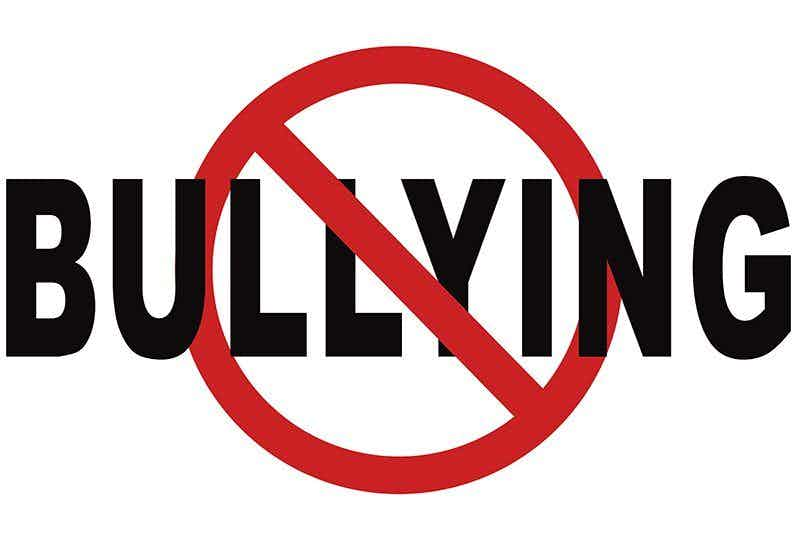What kind of organizations think threats and intimidation are proper tools to prevent researchers from sharing information about vaping and harm reduction? Tobacco control organizations, of course.
Yesterday, Dr. Christopher Russell received a letter from the Campaign for Tobacco-Free Kids (CTFK) and the European Network for Smoking and Tobacco Prevention, subtly suggesting that his reputation might be damaged, and his career put in jeopardy, by attending a conference sponsored by the tobacco industry.
"As professionals with high credibility, who should be placing patients’ health and well-being as their highest priority, we believe that your involvement with an industry that has been misleading and deceiving the general public for many decades could be not only detrimental to your reputation but also the notoriety of your affiliated association or institution. When informed about the direct links between the tobacco industry and this particular event, some initial presenters have immediately cancelled their participation. Now that the connection is clearly established and brought to your attention, we call on you to do the same and disengage from this event."
Letter from the Campaign for Tobacco-Free KidsDr. Russell is a behavioral psychologist whose research is focused on using reduced-risk nicotine products — particularly vaping — to help smokers quit with e-cigarettes. You may remember him from our story about the vapers survey he conducted a while ago. Many vapers also follow him on Twitter where he posts as @nicotinesurveys or know his YouTube channel Vapers Helping Smokers to Quit. He has even traveled to the U.S. to help lobby Congress against the FDA's deeming regulations.
If tobacco companies want to make low-risk vape pen products like disposables and pod vapes, they should listen to people like Chris Russell about what works and what doesn't work. Is the public health goal to help smokers improve their lives and the lives of their families, or is it to force everyone into tobacco control's claustrophobic closet of conflicted moral dictates?
Who really cares about public health?
Dr. Russell doesn't have to prove to anyone that his work is aimed at helping smokers quit cigarettes and improve their health. Everything he does is done toward that purpose. He's the last person who deserves to be threatened for discussing his work — no matter where he discusses it, or with whom.
Of course, it's okay for CTFK's Matt Myers to talk with Big Tobacco companies. He secretly negotiated the Family Smoking Prevention and Tobacco Control Act with attorneys from Philip Morris (now Altria). For all his tobacco-free huffing and puffing, Myers' backroom negotiations managed to result in a law that guaranteed the tobacco industry's long-term health and profitability. One senator called Matt Myers' handiwork the "Marlboro Protection Act."
"CTFK uses schoolyard bully tactics to threaten, intimidate, and harass"
I know of at least one other harm reduction proponent who received the same sort of letter from CTFK, and there are probably many more. Matt Myers and CTFK have no moral standing to threaten anyone's career or reputation — especially people who are actually helping smokers.
Judge the values shown by the actors here. Dr. Russell dedicates himself fully to helping people improve their lives, encouraging smokers to take up low-risk alternatives to cigarettes, and spreading his knowledge about those topics. CTFK uses schoolyard bully tactics to threaten, intimidate, and harass honest scientists into following tobacco control's rules for who researchers are allowed to meet and speak with. Which of them deserves respect, and which deserves utter contempt?

Jim McDonald
Vaping for: 13 years
Favorite products:
Favorite flavors: RY4-style tobaccos, fruits
Expertise in: Political and legal challenges, tobacco control haters, moral panics
Jim McDonald
Smokers created vaping for themselves without help from the tobacco industry or anti-tobacco crusaders, and I believe vapers and the vaping industry have the right to continue innovating to give everyone who wants to use nicotine access to safe and attractive non-combustible options. My goal is to provide clear, honest information about vaping and the challenges nicotine consumers face from lawmakers, regulators, and brokers of disinformation. You can find me on Twitter @whycherrywhy


